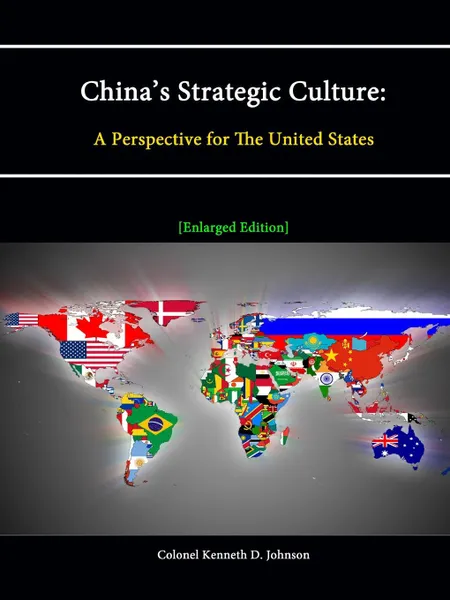China.s Strategic Culture. A Perspective for the United States 12+
34 страницы
Категория: Психология
ISBN: 9781304886460
Язык: Английский
📗 For the past 2 decades, the People's Republic of China (PRC) has made great gains in national development and economic growth and now stands as one of the most important states on the world scene. It is extremely important for U.S. policymakers to have a contextual understanding of what shapes Chinese thought and behavior thus driving Chinese political, economic, and military imperatives. With much of the American public accepting the "China Threat" theory, it is critical that the United States recognize the role of strategic culture in shaping China's domestic and external policies. This paper illustrates the key characteristics of Chinese strategic culture-philosophy, history, and domestic factors that, to a remarkable extent, structure the strategic objectives of China's formal foreign policy and explain how Chinese strategic interests are defined by modern Chinese pragmatic nationalism, its drive for modernization, and the desire for China to have a more prominent role in the Asian and world communities.
Мнения
